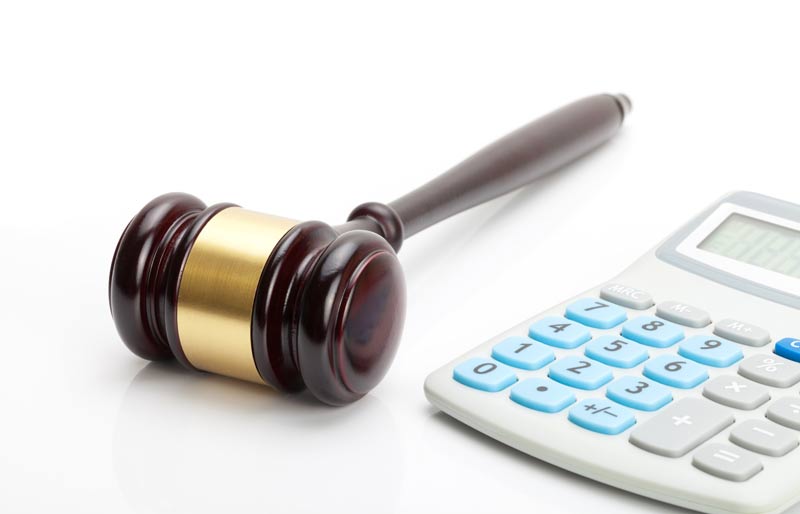
Barreau du Québec: CPAs’ rights to represent clients in administrative tax disputes
Update: November 27, 2017
The Supreme Court of Canada’s November 2017 decision in the Barreau du Québec case holds good news for Chartered Professional Accountants (CPAs). The decision of the majority of Supreme Court judges upholds the rights of non-lawyers to make such representations, and comments of the sole dissenting judge acknowledged professional accountants’ rights to make such representations in tax disputes.
In this case, the Quebec Bar had opposed the ability of non-lawyers to prepare written representations on behalf of litigants in administrative disputes. Based on concerns that such restrictions could be applied to administrative disputes involving tax, CPA Quebec and CPA Canada intervened in the public interest to argue that laws prescribing who can perform professional activities should be broadly and liberally interpreted.
The majority ruling is confined to the specifics of the case, which involved a social aid case before the Administrative Tribunal of Quebec, and did not address the role of professional accountants in tax representations directly. However, the decision of the single dissenting judge explicitly recognized the accounting profession as the only profession other than the legal professional that has specifically defined rights under Quebec law to represent taxpayers in administrative disputes.
This decision protects the public by confirming taxpayers’ rights to be represented by the professional of their choice in a dispute against Canada’s tax authorities.
The article below summarizes the issues in this case and the potential implications for CPAs who practise tax and their clients if the Supreme Court majority had decided differently.
May 5, 2017
In an appearance before the Supreme Court of Canada in March 2017, counsel for CPA Canada and CPA Quebec argued that professional laws reserving professional activities should be broadly and liberally interpreted in order to protect the public. The law in question is the Quebec Bar Act, its provisions restricting to lawyers the right to represent parties in administrative disputes (e.g. union arbitrations), and a special exception in the Act permitting CPAs to practise in the area of taxation.
The appearance was part of an appeal of the Quebec Court of Appeal’s decision in Barreau du Québec v. Attorney General of Quebec. In that case, the appeal court sided with the Attorney General, and concluded that non-lawyers could prepare written representations on behalf of litigants in administrative disputes. The Quebec Bar had sought and obtained leave to appeal to the Supreme Court of Canada and argued that only lawyers could prepare written representations.
This case has important implications in Quebec and for Canada’s tax system nationally. In their oral presentation to the Supreme Court, CPA Canada and CPA Quebec submitted that:
- the area of Quebec taxation law is unique in that CPAs share the same status as lawyers and both professions are on an equal footing
- the professional code of conduct that governs CPAs is similar to that of lawyers and provides equivalent protection to the public
- the appeals (objection) division of the Canada Revenue Agency (CRA) is by far the most important administrative dispute resolution process in Canada and CPAs are entitled to represent taxpayers against the CRA in this administrative process under applicable provincial legislation and regulation
- the special exception in the Quebec Bar Act that allows CPAs to represent clients in administrative tax disputes does not extend to CPAs who reside outside of Quebec, and so the Supreme Court should consider the national impact of any new restrictions arising from this decision.
The Attorney General of Quebec, who was the Respondent in this case, made similar arguments, asserting that the existing legislation is clear and already protects the public interest.
Both the Respondent and Intervenors argued that any decision of the Supreme Court should consider and give full effect to the taxpayers’ right to be represented by the professional of their choice in a dispute against Canada’s tax authorities.